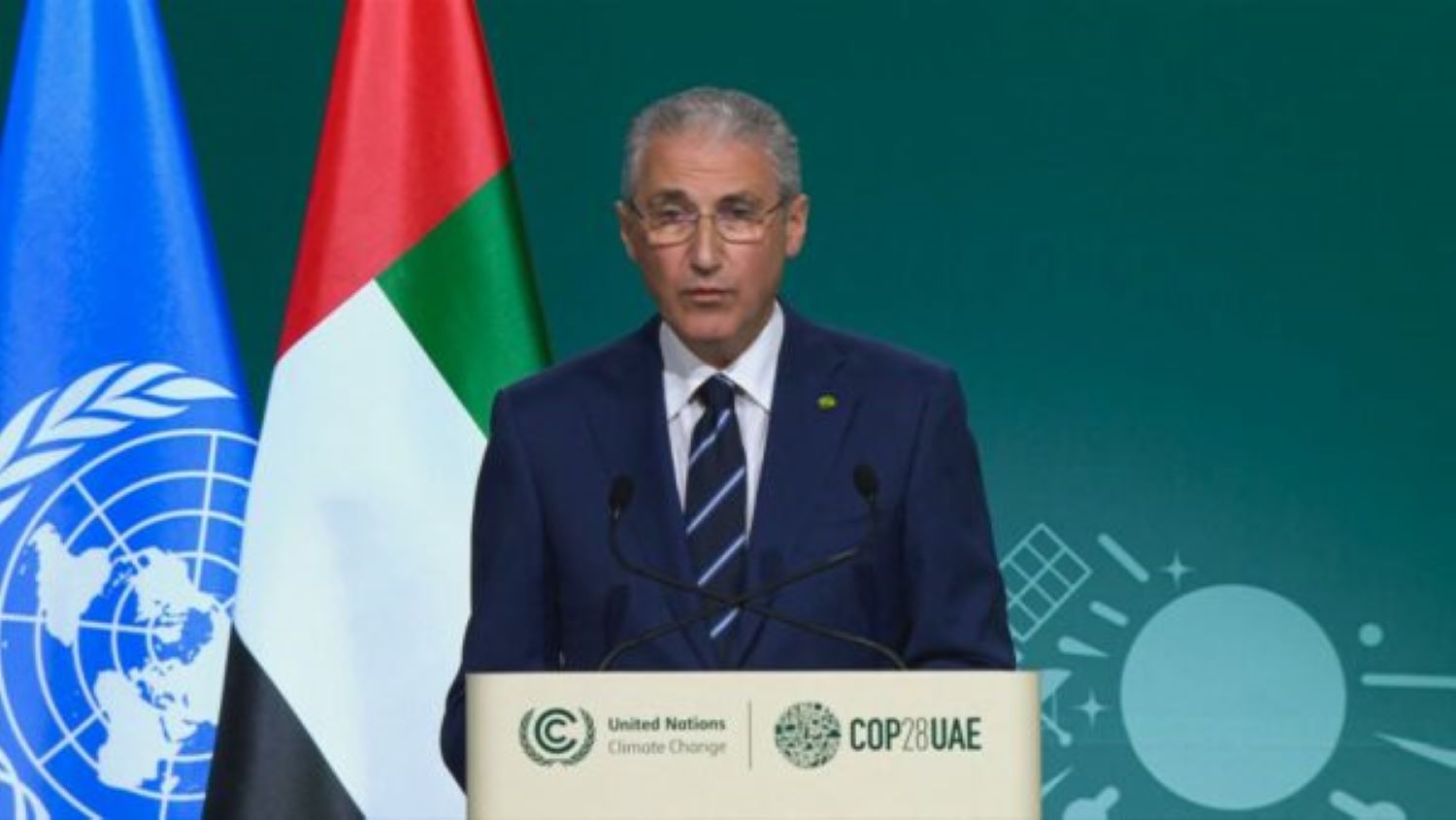Copenhagen, Denmark – Developing countries should not have to set stricter targets for cutting their carbon emissions before funds are available to help them transition to cleaner energies, the chairman of this year’s UN climate negotiations said Thursday.
Addressing a ministerial climate meeting in Copenhagen, Azerbaijan’s Mukhtar Babayev said “there is a growing gap between the needs of developing countries and what’s available.”
This year, “finance will lie at the heart of climate diplomacy”, said Babayev, the ecology and natural resources minister of oil-rich Azerbaijan, which will host the COP29 climate summit in Baku in late 2024.
At last year’s annual UN climate talks, governments agreed to “transition away” from fossil fuels such as oil, gas and coal, but did not set commitments to provide financial aid for developing countries.
The Baku summit hopes to fix a new target for the aid rich nations should give to poorer ones.
“If we send a clear and strong signal that more public and private finance will be allocated to climate targets, then we will empower all parties to raise the ambitions of their upcoming NDCs,” said Babayev, who was an executive for Azerbaijan’s state oil company SOCAR for 26 years.
NDCs, or Nationally Determined Contributions, are the targets set by each country to reduce their emissions of planet-heating greenhouse gas emissions.
They need to be tightened up by the COP30 climate summit in Brazil in 2025 in order for the world to respect its commitment under the 2015 Paris Agreement to limit the rise in Earth’s annual temperature to 1.5 degrees Celsius above pre-industrial levels.
On Wednesday, the UAE, Azerbaijan and Brazil — the hosts of the COP28 and the upcoming two summits — announced they were forming a “troika” aimed at keeping alive the goal of limiting global warming to 1.5 degrees Celsius.
The countries also said in a letter to UN countries that NDCs from developed countries “should include ambition in finance, technology and capacity-building resources to developing countries.”
The United States strongly criticized this proposal on Thursday.
“We find this not only inconsistent with the Paris Agreement but highly prejudicial to the negotiations that are ongoing this year on the new quantified goal,” Susan Biniaz, deputy to the US climate envoy, said in Copenhagen.








